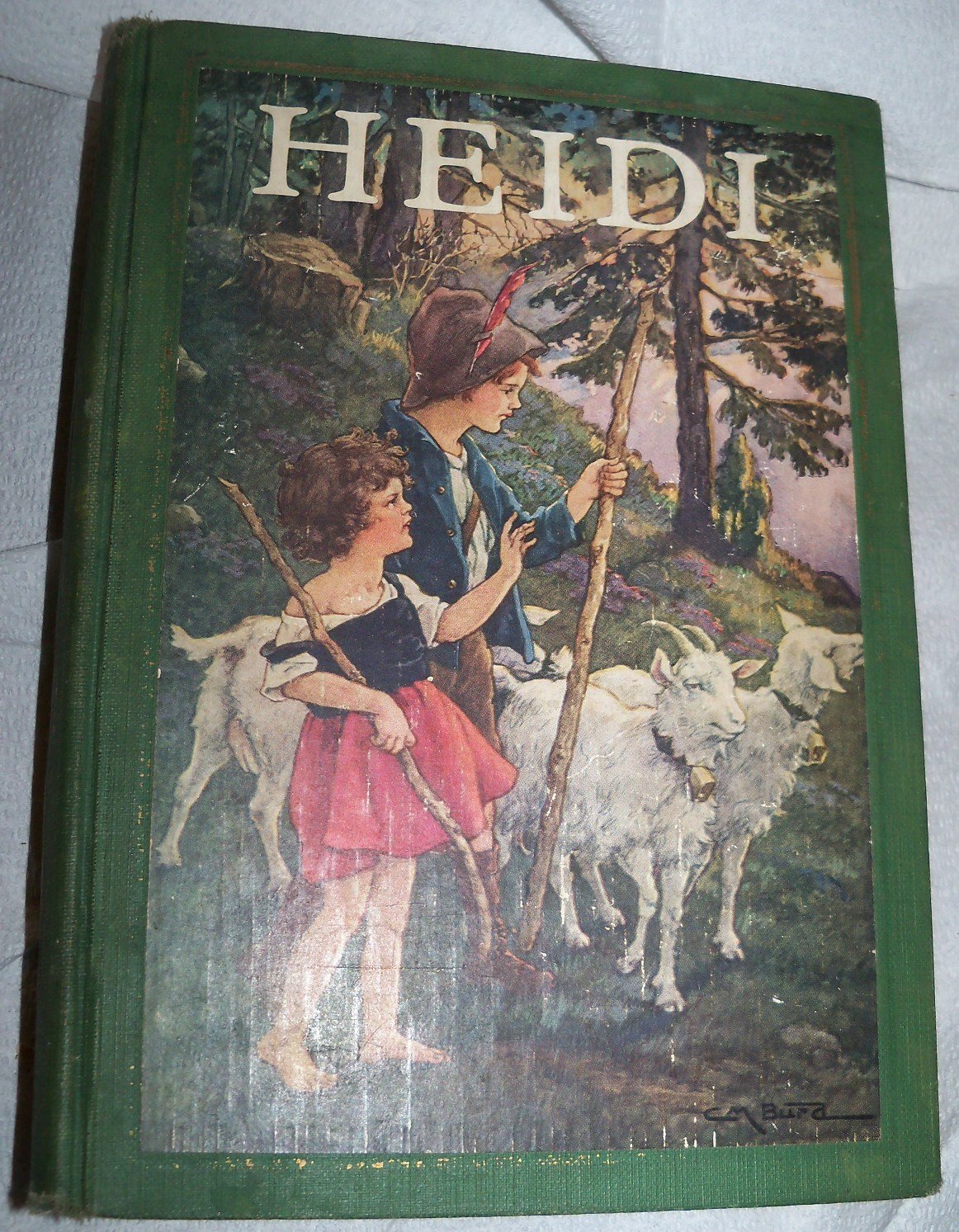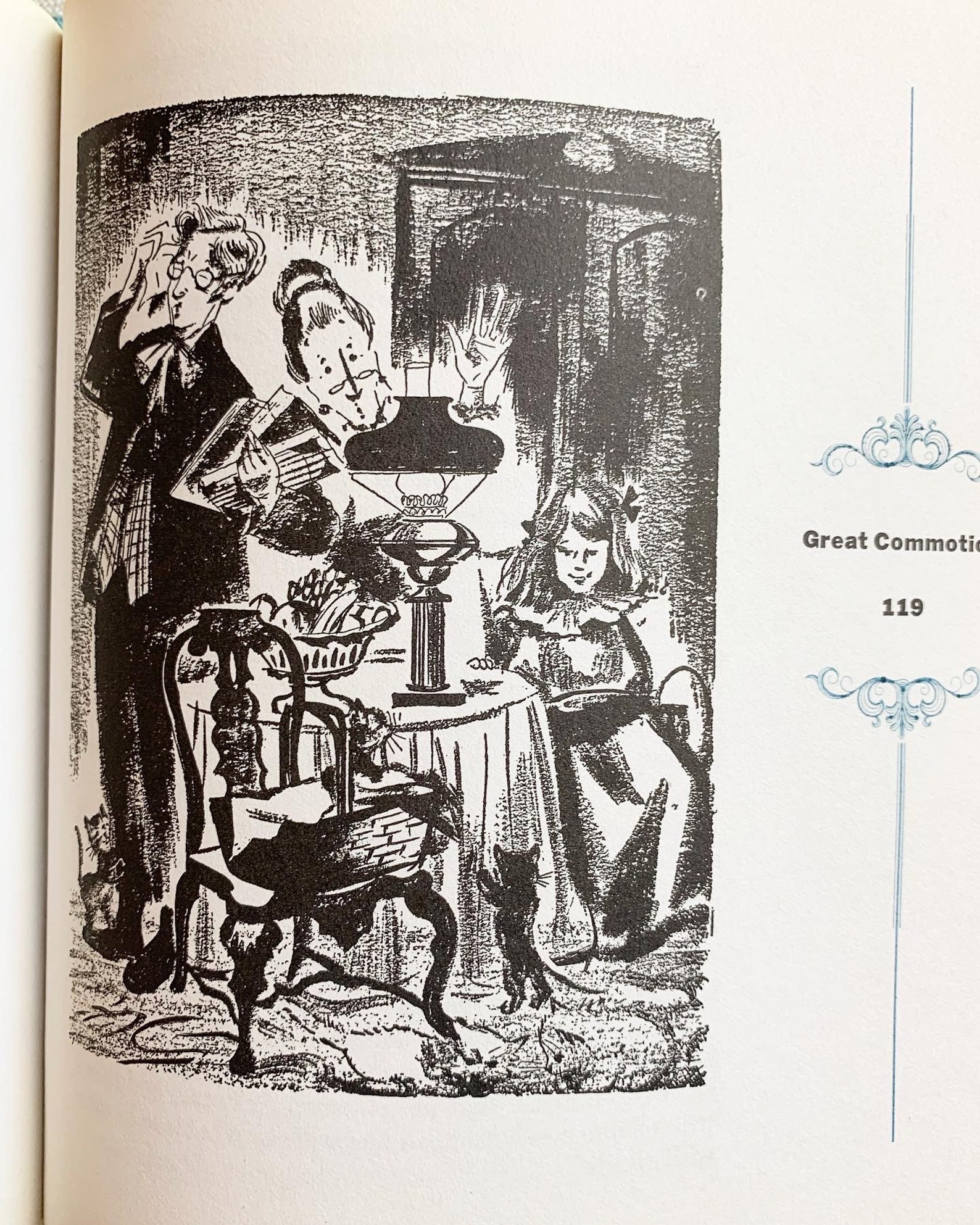

Even Klara is given physical salvation thanks to her belief in the transformative power of nature, as is Klaras doctor, who has long been dealing with his own personal demons.īut though Heidi and The Secret Garden both deal with the health-giving benefits of a natural life, the latter also emphasises the importance of human belonging as part of becoming an entire person, whereas I never truly got that sense'from Heidi. The contrast between the health-giving ways of rural living and the despondent and unnatural way of life involved in citing living is not exactly subtle, and things get a touch sledgehammer-like when Heidi returns to the mountains with her city wards in tow, and lo and behold everyone is about ruddy cheeks and hearty appetitesthe scale by which health is apparently measured. Despite the efforts to tame her and inure her to the reticent, obligation-bound ways of city life, Heidis dryadic streak remains, and like such a spirit she wastes away without the sustenance she has for so many years gleaned from her life on the Alps. Heidi seeks at every turn to bring nature into her new life, seeking out belfry views in the hopes that they will be a reasonable equivalent to those from her beloved mountain, and smuggling kittens into Klaras home. Heidi is stymied by city living, and she becomes increasingly stultified and tormented by the barriers of urban life, becoming physically weak and emotionally fragile.


Heidi promptly endears herself to the mountains few inhabitants: wizened and blind Grandmama, and sulky and possessive goatherd Peter.īut Heidis free-wheeling ways are challenged when she is sent to Frankfurt, where she is to become the companion of the ailing and wheelchair-bound Klara. Her moving to the mountains imbues her with the ability to make the most of just about any situation, and indeed Heidi comes across as a sort of environmental alchemist, transforming greenery and nature into health and happiness. Heidi is in her element on the mountains, and spends her days traipsing about the paths, taking in her surrounds, and generally being wholesome. Despite Alm Uncles famously gruff outlook, he is quite taken by Heidi, whose free-spirited, almost sprite-like nature manifests in rather effusive fashion as she takes up in her new residence. Recently orphaned Heidi is sent to live with Alm Uncle, a reclusive man who lives a happily hermit-like existence in his cabin on the Swiss Alps. But the emphasis and positioning of Heidi are somewhat different, with religion and spirituality playing a far more foregrounded role, and the restorative power of relationships rather less so. Like The Secret Garden, it touches on the power of nature and unencumbered, unfettered living as a way of cleansing the soul and becoming a whole person. Heidi, like The Secret Garden, which I recently reviewed, is a sort of narrative catharsis perfect for todays despondent, tree-change inclined city-dweller.


 0 kommentar(er)
0 kommentar(er)
